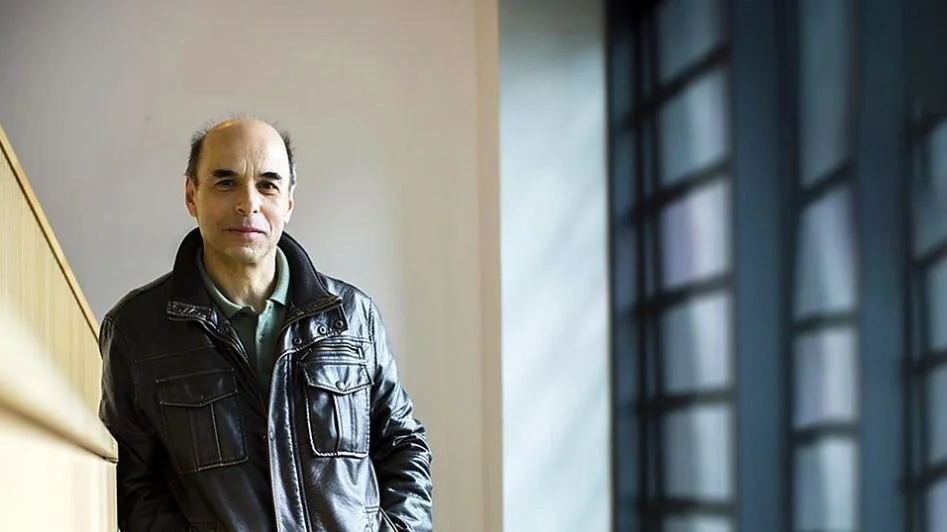Dr. Lawrence Welkowitz
co-FOUNDER
Larry Welkowitz received his Ph.D. in Clinical Psychology from the University of Hawaii in 1985. He has been on the faculties of Columbia University (College of Physicians and Surgeons) and Antioch New England Graduate School and is currently Professor of Psychology at Keene State College. He is the co-author of two books: The Hidden Face of Shyness (Avon Books, 1996) and Understanding Asperger's Syndrome: Interventions for Therapists, Educators, and Communities (Lawrence Erlbaum Press, 2004). Dr. Welkowitz is a co-founder of the College's NeuroLab and is a recipient of grants from the Doug Flutie, Jr., Foundation and most recently NH-INBRE, which helps to support his research in Autism Spectrum Disorders.
When he’s up for it, Larry can be found training for ultra-marathons and trail runs across New England and the Southwest United States.
Dr. Robert Taub
Co-founder
Robert Taub is a concert pianist, recording artist, scholar, author, and entrepreneur. When asked about the start of SpeechMatch, he says,
“Human communication has always been my obsessive focus. Throughout my career as a concert pianist, I experienced repeatedly the communicative power of music, which transcends all boundaries and borders.
Several years ago, when my daughter was striving to learn violin, she asked me one evening when I was practicing with her: ‘Daddy, what does this sound like?’ There was frustration in her tone, for she had not yet developed the musical skill to look at a page of notes and hear them internally. At that moment, I imagined a means by which she could answer her own question: a portable “musicians brain” that would enable her to take a photo and hear what she sees, a routine process for many well-trained musicians. I became fascinated by this idea - a tool that could enable musical literacy and foster musical creativity and communication - and formed a small company to make it a reality.
Several years ago, Dr. Larry Welkowitz asked me to explore adapting our music evaluation software to speech. Could music software evaluate three critical parameters of speech, parameters people on the autism spectrum find challenging to match in conversation? We built a mobile platform that we call SpeechMatch and Larry saw very encouraging results as he shared it with people on the autism spectrum. We quickly saw statistically significant improvement in our users.
Our approach to improve linguistic communication with people on the autism spectrum is new. We all know that human communication is critically important for all ,and our approach is to offer a fun, mobile-based tool that is easy to use anywhere, that can be personalized by parents or therapists, and that offers data that enables users to mark their progress. I am thrilled to be working with Larry to create a platform that can help people to help themselves by enabling them to express themselves more fully, to engage in more meaningful communication across the continuum of interpersonal relationships.”

